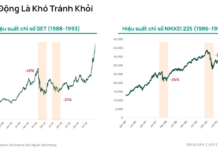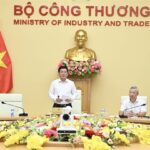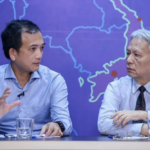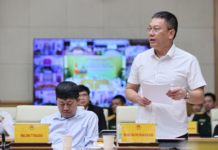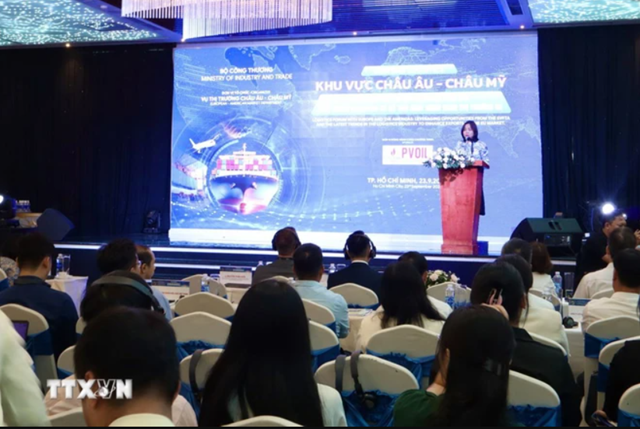
EVN Pilots Two-Component Electricity Pricing on Paper Starting October 2025
|
Vietnam Electricity (EVN) announced its completion of the project titled “Development of a Two-Component Retail Electricity Pricing System (Capacity Price and Energy Price) and Implementation Roadmap for Vietnam’s Power Sector,” following directives from the Ministry of Industry and Trade.
The Ministry approved the pilot implementation of the two-component retail electricity pricing (including capacity price and energy price) on paper, effective from October 2025. This pilot applies to manufacturing customers directly supplied by EVN and its subsidiaries, with an average monthly electricity consumption of 200,000 kWh or more (based on the last 12 months’ average).
EVN emphasized that this paper-based trial using actual data aims to align with the provisions of Article 50 of the amended 2024 Electricity Law, gradually replacing the current single-component pricing structure in retail electricity tariffs. This ensures compatibility with the power sector’s technical infrastructure, legal frameworks, and consumer adaptability to the new pricing model.
The two-component pricing structure comprises the maximum capacity charge and the energy charge. Consequently, consumers’ electricity bills will consist of two parts: a fixed cost for capacity, reflecting the supply process’s fixed expenses, and a variable cost for energy consumption, based on actual usage.
This pricing approach encourages consumers to optimize their electricity usage patterns. By reducing maximum capacity (Pmax) while maintaining the same consumption level, customers can lower their electricity costs. This also helps the power sector reduce peak system load, enhancing operational efficiency, cutting investment costs, and optimizing societal resource utilization.
From October 2025, power corporations and electricity companies will issue paper-based trial billing statements to eligible customers, comparing charges under the current single-component pricing with those under the two-component model.
EVN clarified that this remains a paper-based trial and will not affect actual billing during the pilot phase.
– 1:10 PM, October 10, 2025
EVN Accelerates Construction of $2.3 Billion Quang Trach Mega Project Following Vingroup’s Launch
Following the groundbreaking of the first LNG-to-power plant in Northern Vietnam, led by Vingroup in Hai Phong on September 26, 2025, the energy sector witnessed another significant move from Vietnam Electricity (EVN). The corporation is accelerating final procedures to commence construction on the Quang Trach II LNG Thermal Power Plant in Quang Binh by the end of 2025.




















